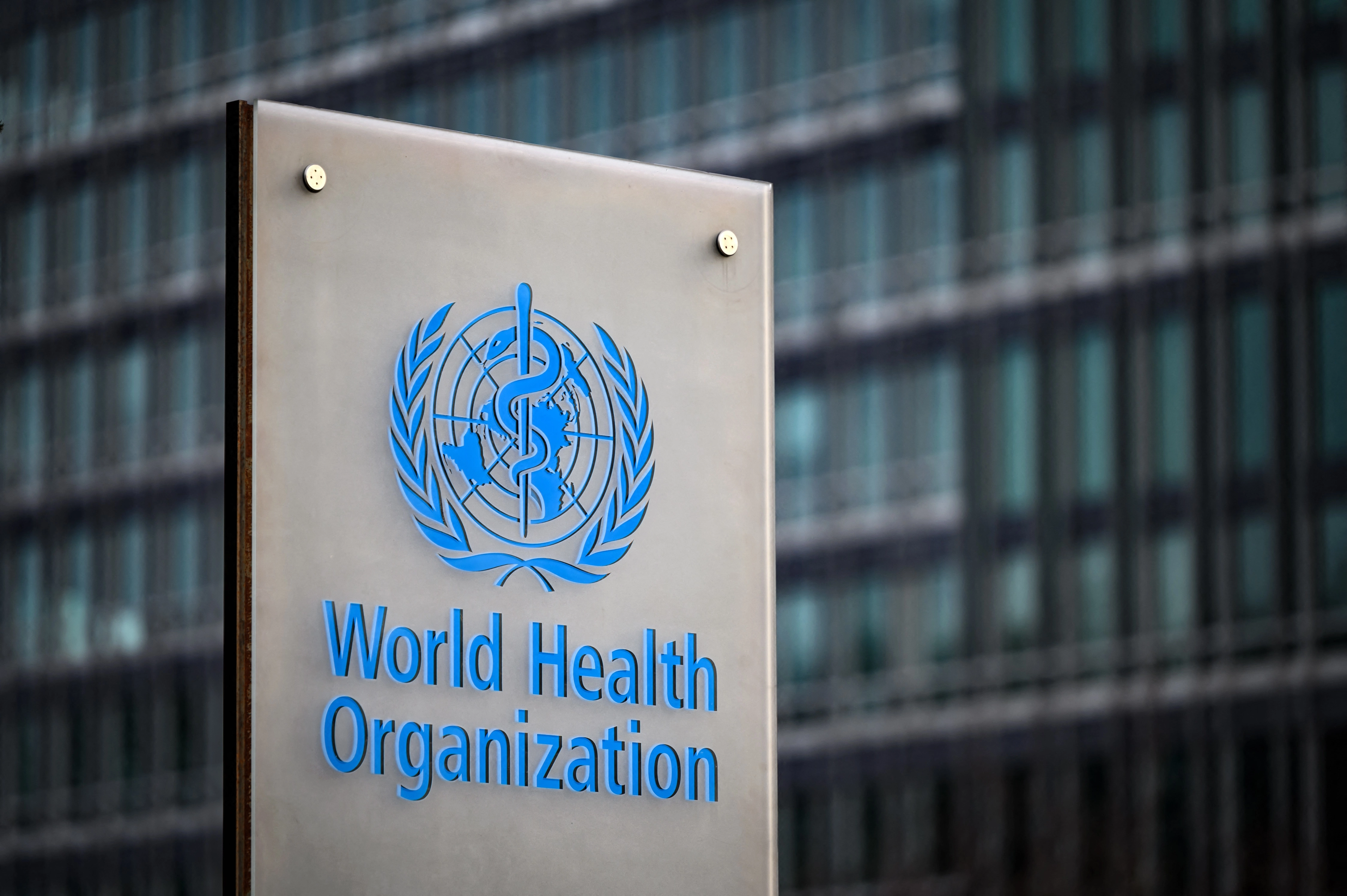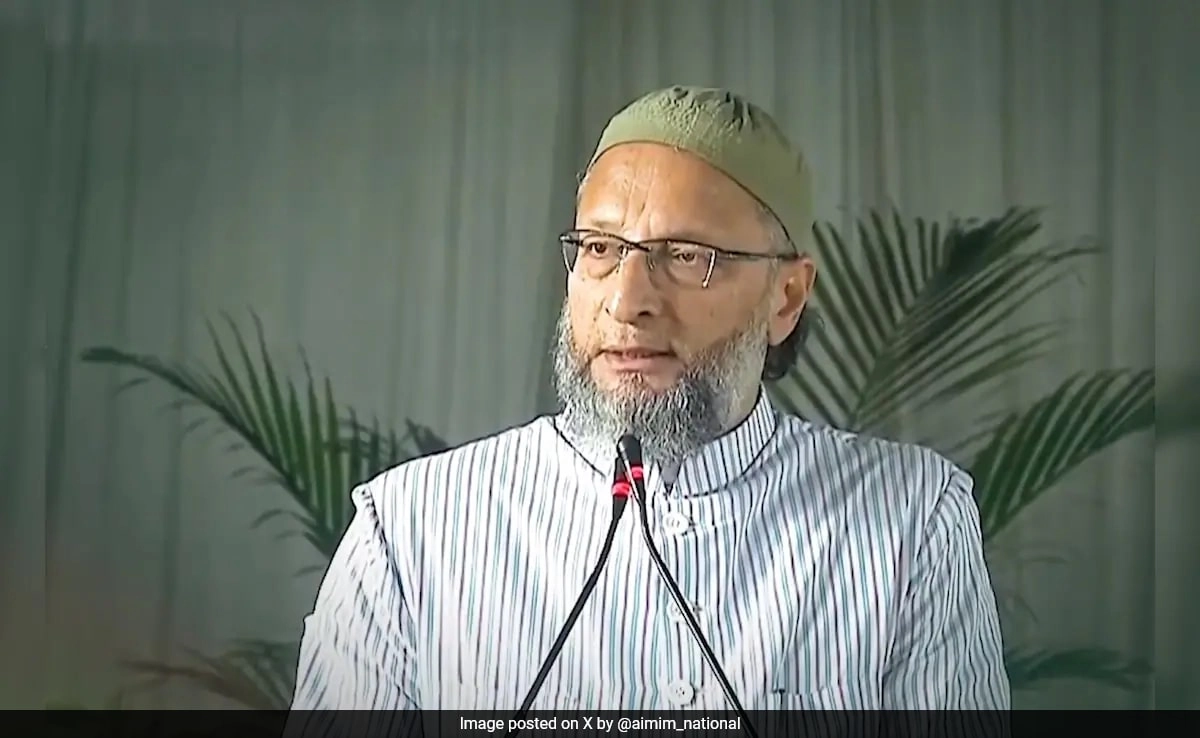The World Health Organization (WHO) is currently navigating a significant turning point as it contemplates a future potentially devoid of the United States’ influence. This shift comes amidst ongoing tensions between the WHO and the U.S. government, particularly regarding funding, policy direction, and the handling of global health crises. The United States has historically been one of the largest financial contributors to the WHO, which has allowed the organization to implement various health initiatives worldwide. However, recent political dynamics have raised questions about the sustainability of this relationship and the potential implications for global health governance.
In light of these developments, the WHO is strategically assessing its operational framework and identifying alternative funding sources to maintain its initiatives without the U.S. contributions. This includes strengthening partnerships with other nations, non-governmental organizations, and private sectors to ensure that essential health programs continue to receive the necessary resources. The organization is also exploring innovative funding models that could provide greater financial independence and resilience in the face of geopolitical uncertainties.
Moreover, the WHO is committed to enhancing its capacity to respond to global health emergencies, which have become increasingly frequent and complex. By diversifying its funding base and fostering collaboration with a wider array of stakeholders, the WHO aims to bolster its role as a leading authority in global health. This proactive approach not only seeks to mitigate the impact of any potential withdrawal of U.S. support but also emphasizes the importance of collective action in addressing health challenges that transcend national borders.
As the WHO prepares for this possible future, it is also focusing on reinforcing its core mission: to promote health, keep the world safe, and serve vulnerable populations. By prioritizing equity in health access and outcomes, the organization hopes to build a more resilient global health infrastructure. This vision underscores the belief that all nations, regardless of their financial contributions, have a shared responsibility in safeguarding global health. The WHO’s forward-looking strategies reflect a commitment to sustaining progress in public health, ensuring that the goals of the organization can be met even in the absence of traditional support from key players like the United States.




